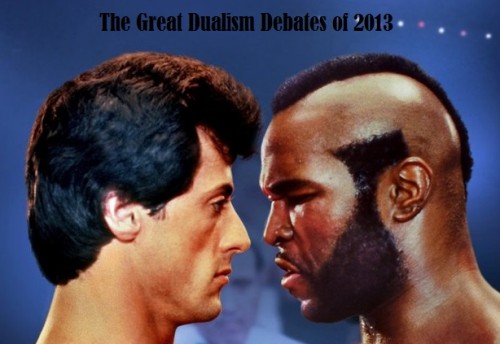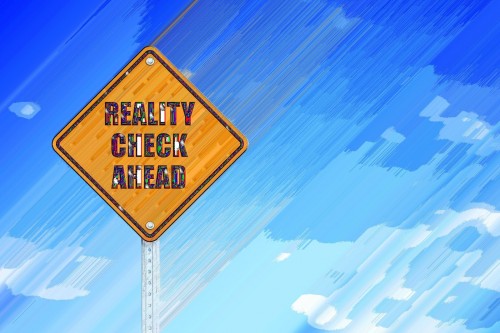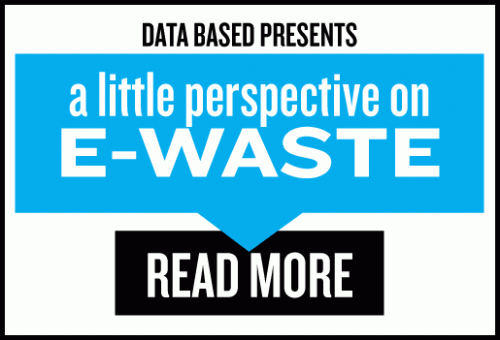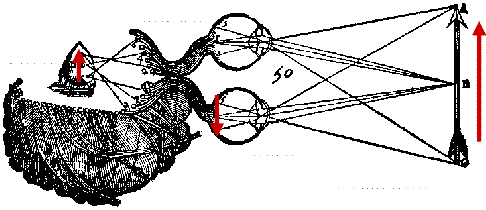So far, I have been a silent observer of the Dualism debates unraveling over the past few weeks both here on Cyborgology and around The Web (as well as in conference lobbies, coffee shops, and university hallways). Super brief recap: Nicholas Carr is cheezed off at Cyborgologists for their insistence on critiquing digital dualism and digital dualists, and argues that supposedly “dualist” experiences should be taken more seriously. Alternately, Tyler Bickford is peeved that the critique of digital dualism is not taken far enough, and that the Augmented Perspective assumes, incorrectly, that there is some base reality from which to augment. Cyborgologists have worked furiously to address these points, arguing about the role of bodies and emotion, correcting misleading characterizations, clarifying linguistic ambiguities, reintroducing the “Other” theorists, and pushing the theoretical program forward.







